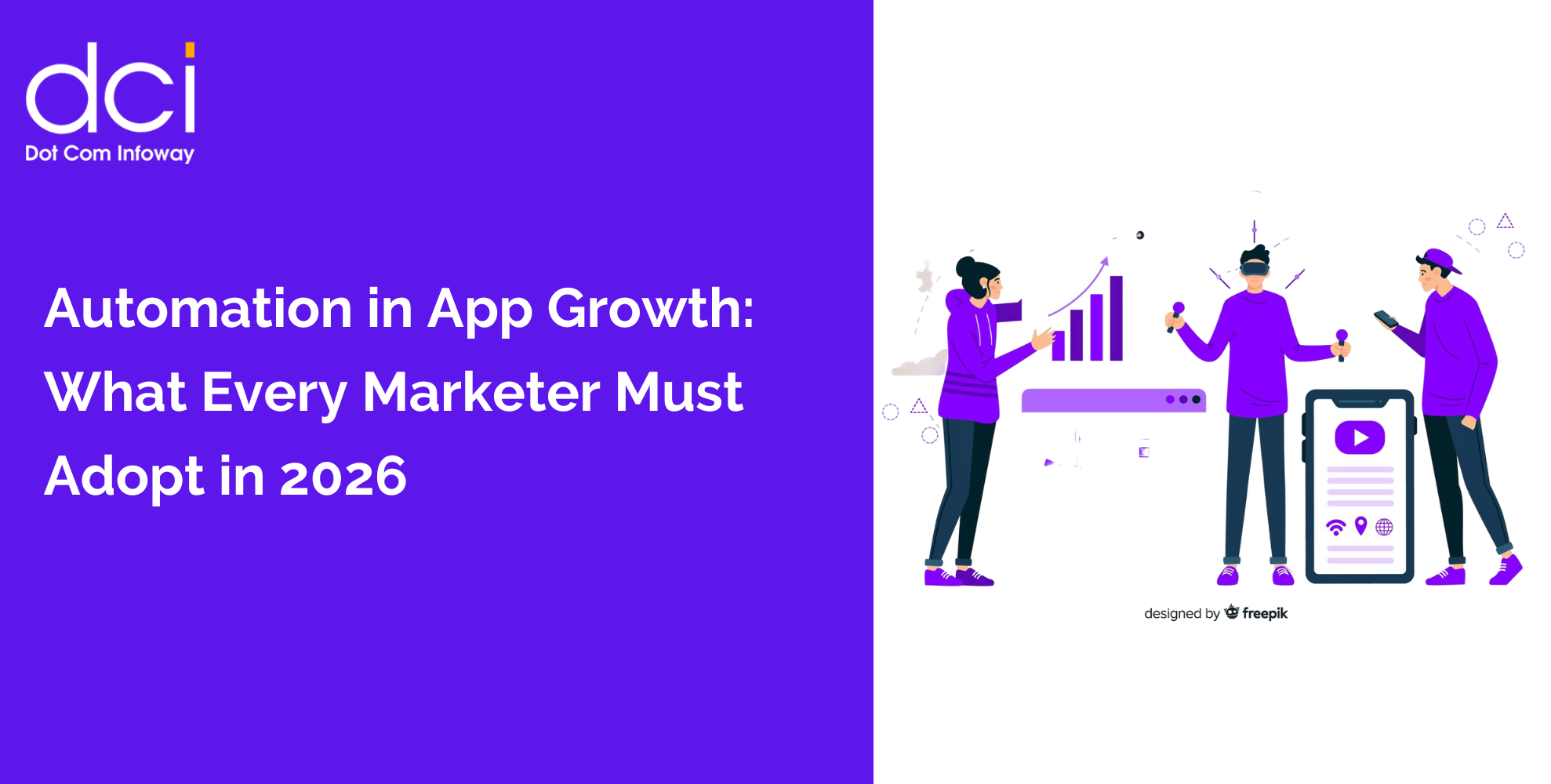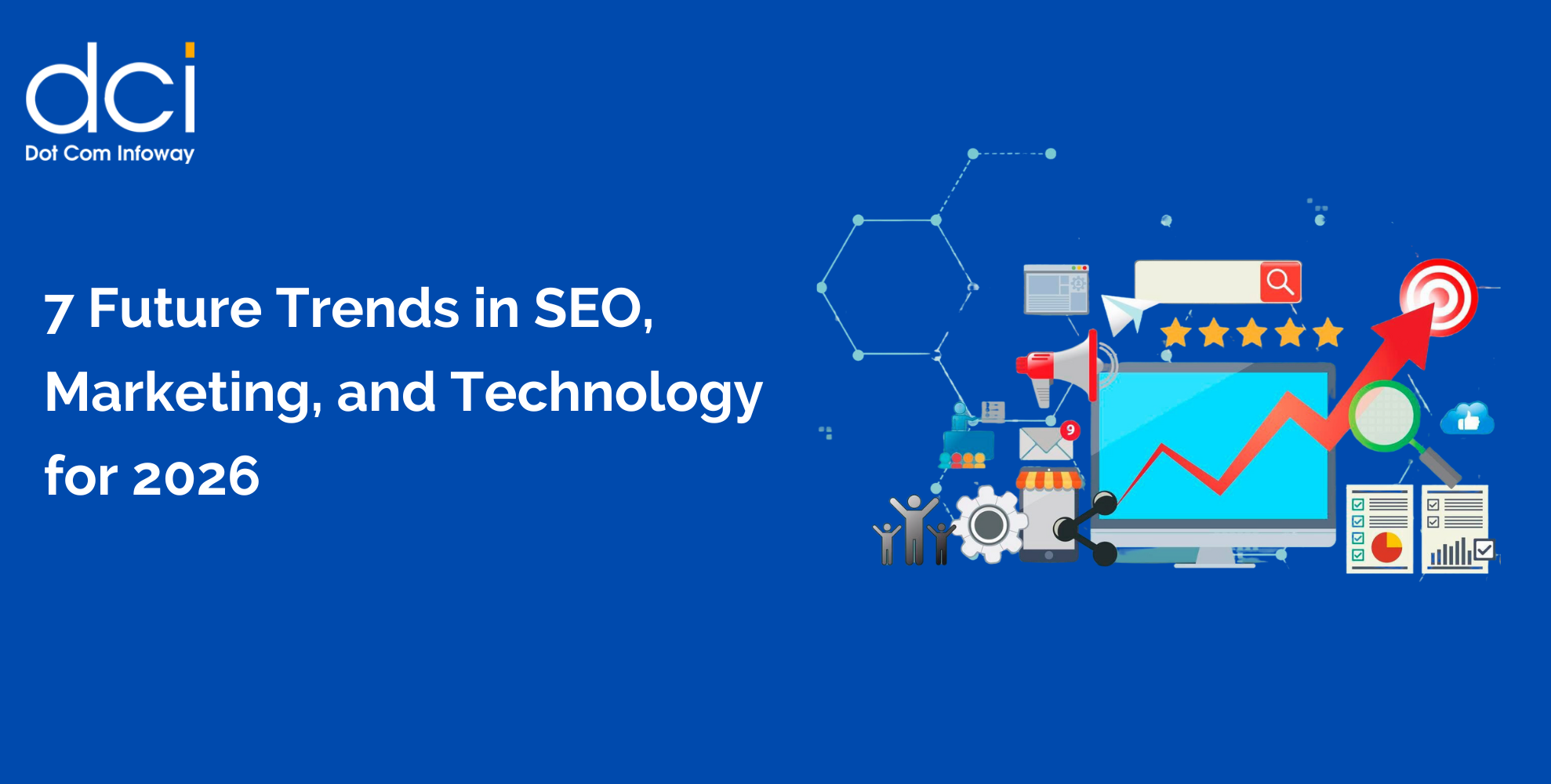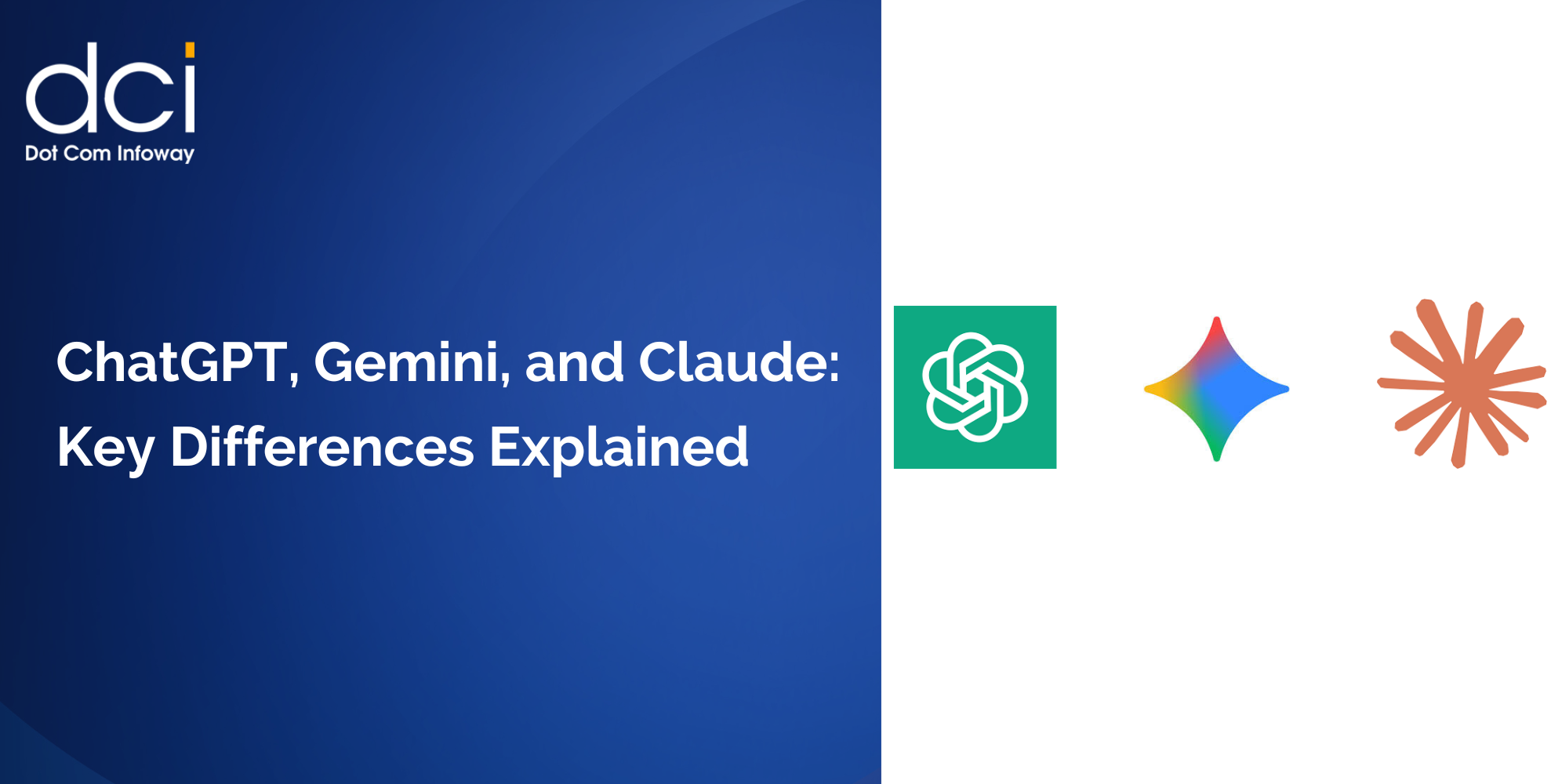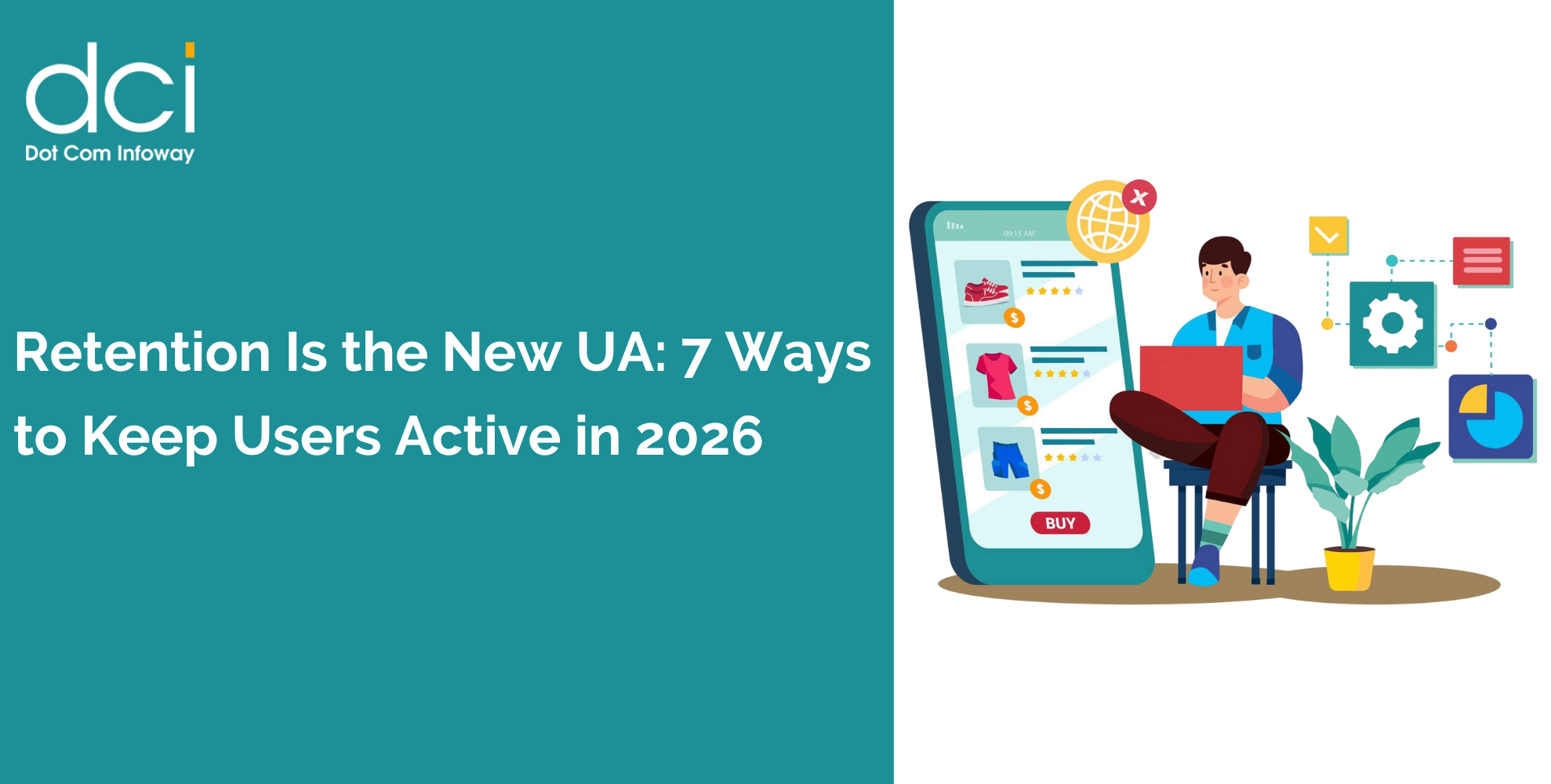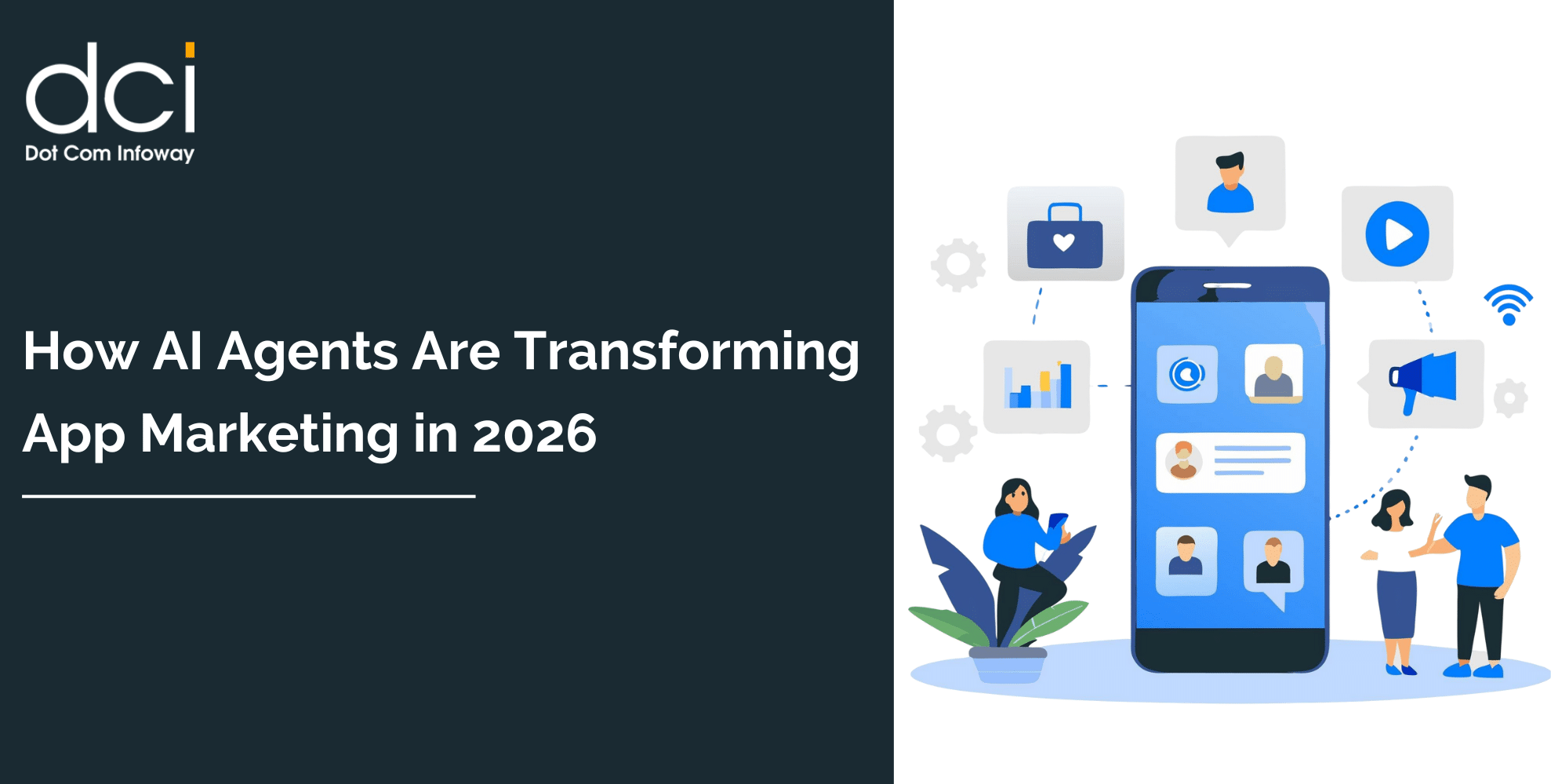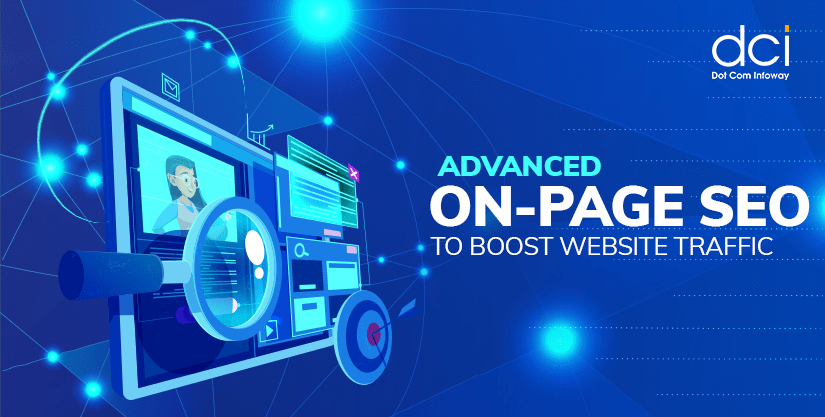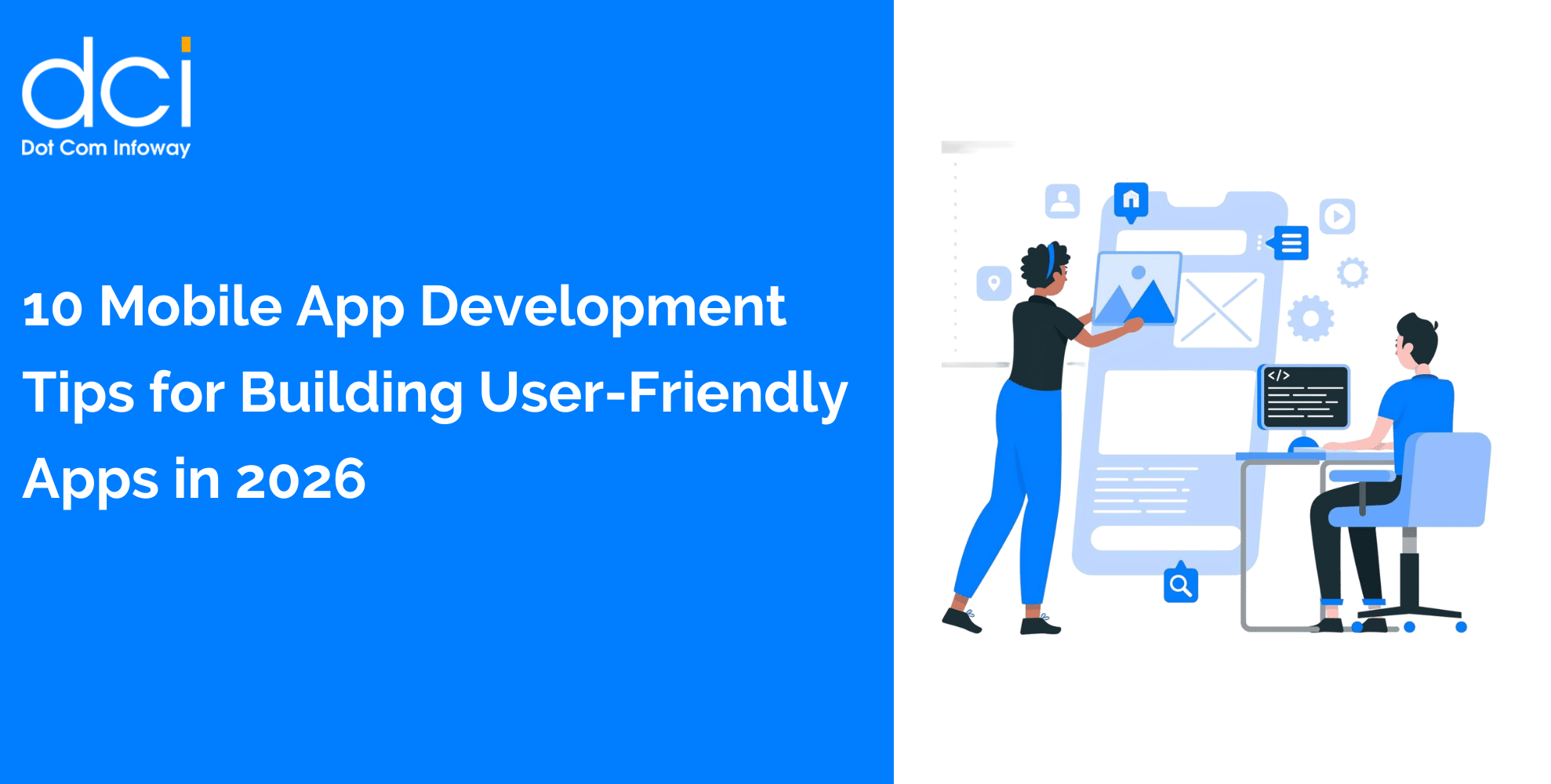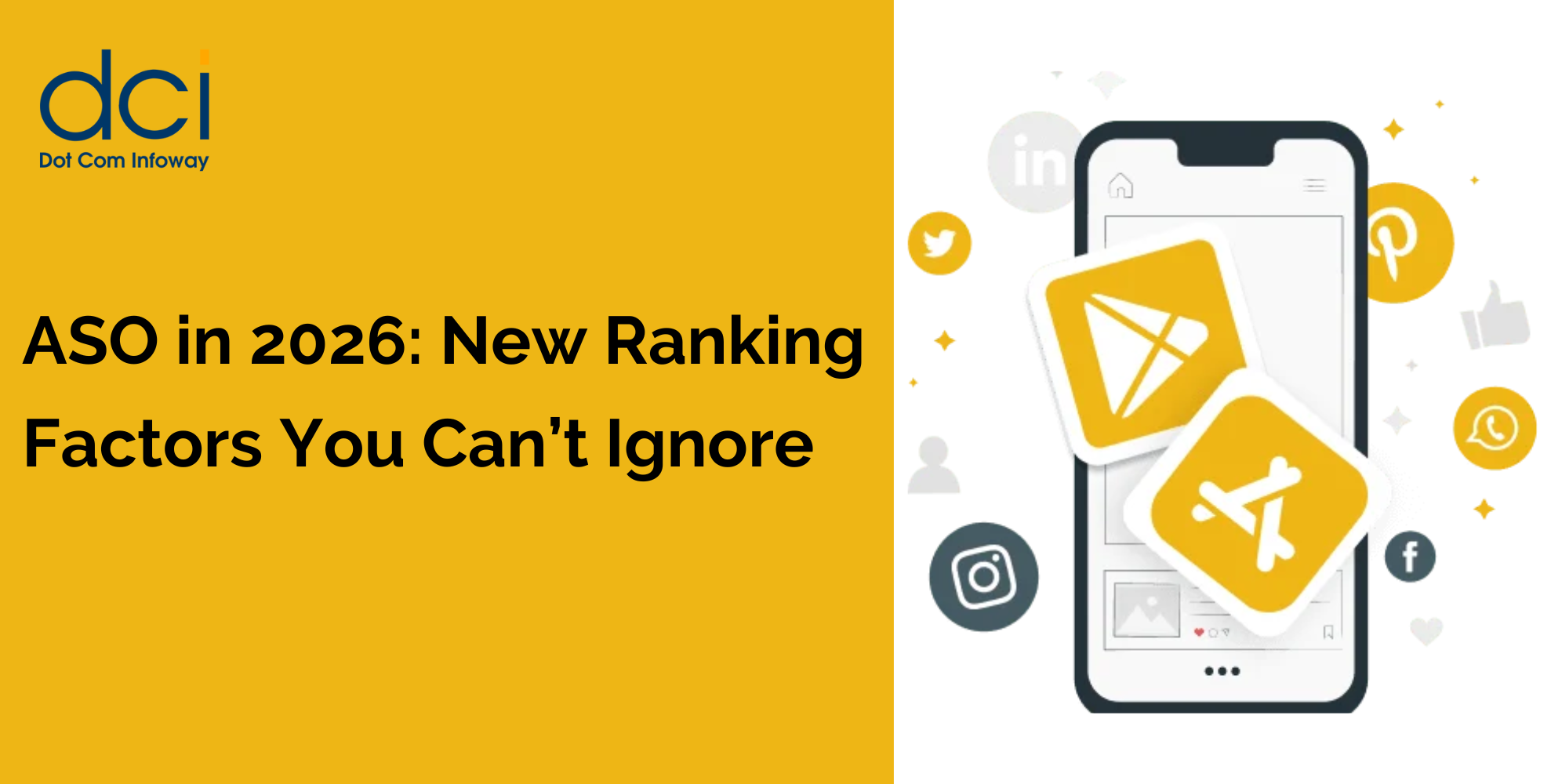6. Retargeting and Paid Ads
Facebook Ads is one great platform that offers plenty as far as paid advertising is concerned. It’s the variety of ad options that allow you to optimize your campaigns over time. For example, you can showcase more of your school’s perks and attractive qualities by using carousel ads. You also have plenty of freedom to make your campaigns hyper-focused by being able to target specific locations, ages, and even ad placements.
On the subject of retargeting, if you’re not already aware of the negative impact of ad fatigue, it’s actually one nifty marketing strategy that involves changing the ads that you show to the same audience over a period of time.
7. Event Sponsorship
Sponsorship support always allows you to cut large costs so it’s not surprising that it’s practically a mainstay in any effective marketing plan for educational institutions. The difference that digital marketing makes is that your scope would simply be wider and larger.
That said, partnering with local causes such as charity drives and the sports organization does afford you the opportunity to engage with the people in your locality. In the end, it’s whether you have the will to reach out to the numerous options that will undoubtedly be presented to you that will matter.
8. Promoting via Content Strategies like Webinar, Career Guidance Content, Placement News
These platforms simply demonstrate that you won’t run out of routes to take as far as online promotion is concerned. Webinars often give you the opportunity to acquire the contact information of parents who attend them, for example. In career guidance content and campus placement news, on the other hand, you can showcase the companies your school is affiliated with.
How Does Education Lead Generation Work?
Lead generation techniques for college admissions almost always start with an online search, hence, the importance of SEO and paid advertisement, though that’s obviously just one route. If an online search is performed for a specific bachelor’s degree (let’s say in Biology), your ads, assuming they were optimized, will appear at the top spot of the SERPs.
Once interested students click on it, they will be brought to a landing page that specifically conforms and is highly relevant to the query made. Most schools take this opportunity to ask for the personal information of the prospective student, especially if a student shows interest in what they have to offer.
Assuming the student is interested to learn more about your Biology program, he will be asked to enter his name and contact information (usually an email), after which the student will immediately be able to access the information via a downloadable fact sheet.
With a proper lead generation strategy at play, you can, for example, lean toward remarketing ads, where that student will see the said ads relevant to his previous inquiry. If your school will be holding a specific info session for a given date or duration, the ad can show that to him and he will pay your website a visit again to register.
Either that or you rely on SEO and your content to get your landing page to the top, which makes things even better. Also, there are other higher education lead generation campaign ideas but that should give you a basic gist about how lead generation works for schools.
Conclusion
Once you take a closer look at most of the strategies mentioned above, it becomes evident that digital marketing in education overlaps with plenty of the strategies employed by online businesses and even most e-commerce stores operating nowadays. The difference, of course, lies in the approach and the fact that you should be well aware of what your target students’ needs and the present, specific state of your institute.

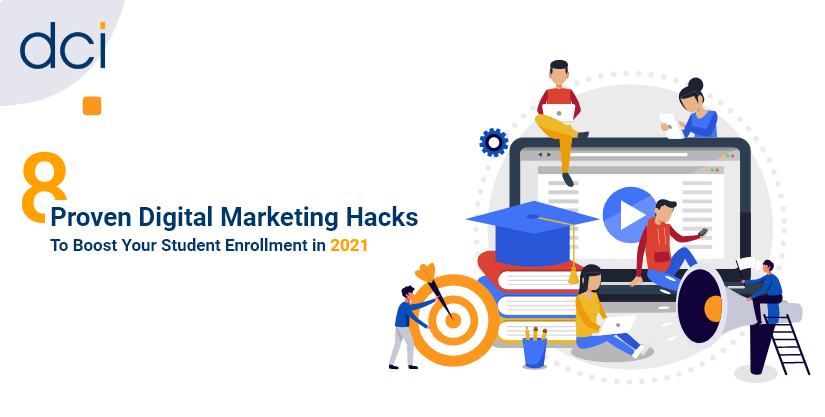
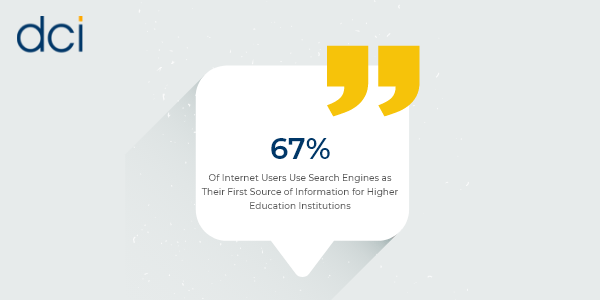
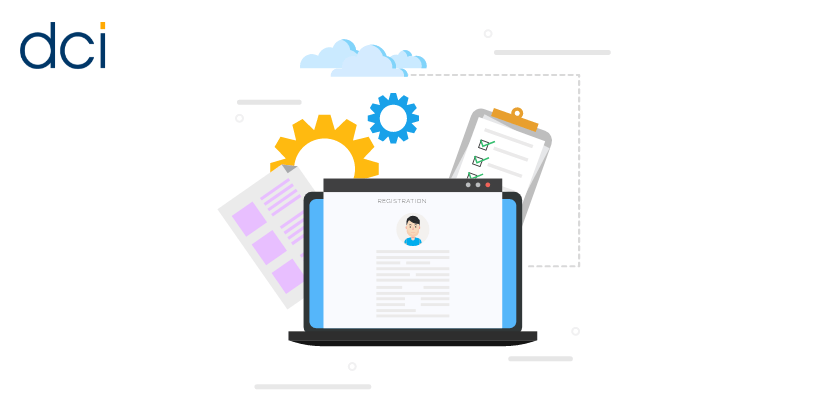
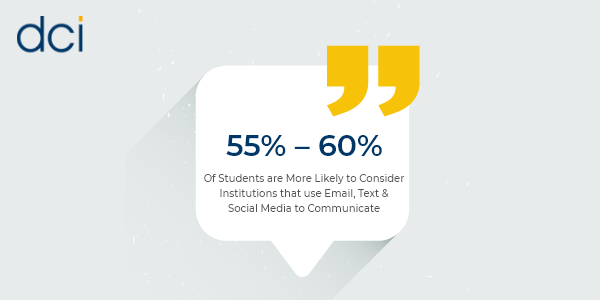

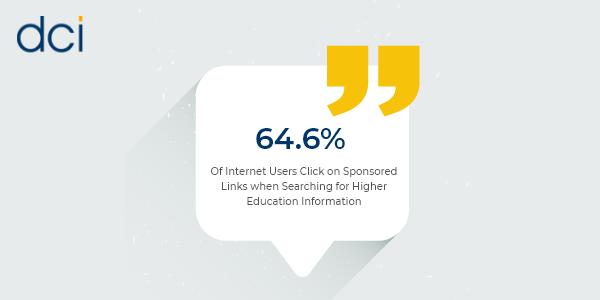





![The Game Marketing Guide: Pre and Post-Launch Strategies [Infographic]](https://www.dotcominfoway.com/wp-content/uploads/2023/09/DCI-Game-Marketing-blog-1.jpg)
